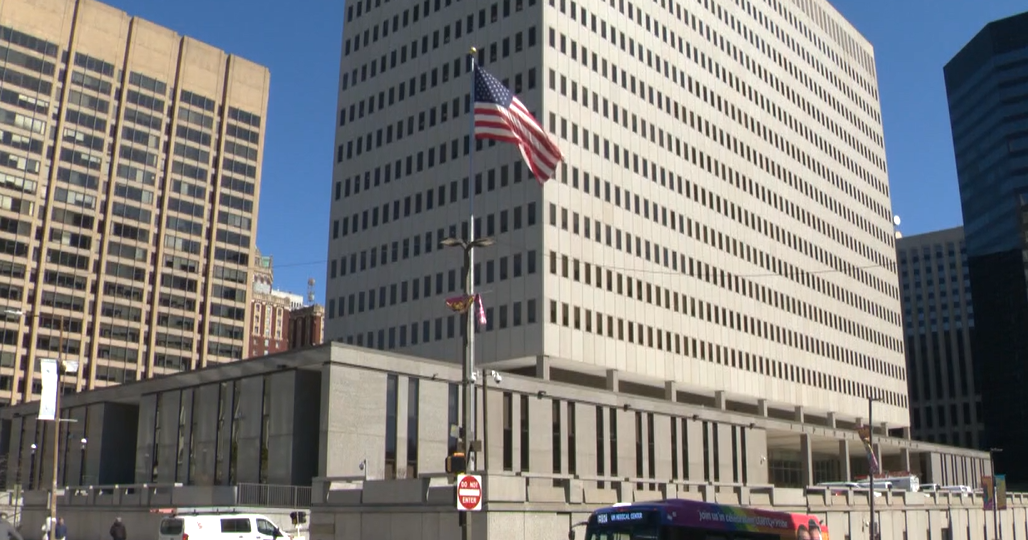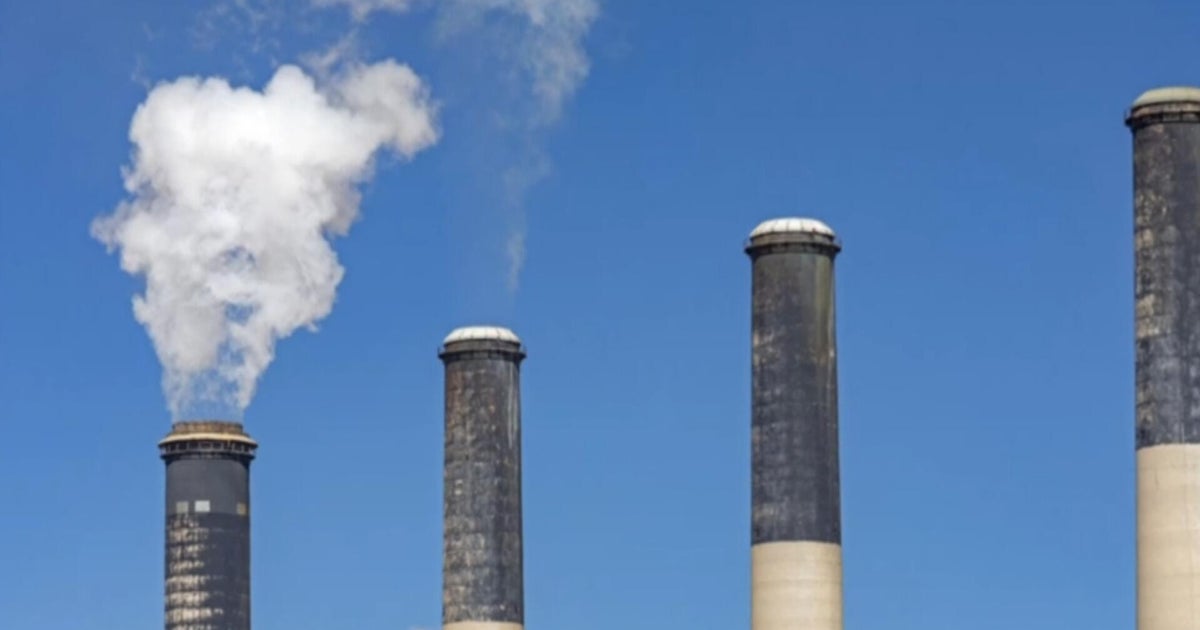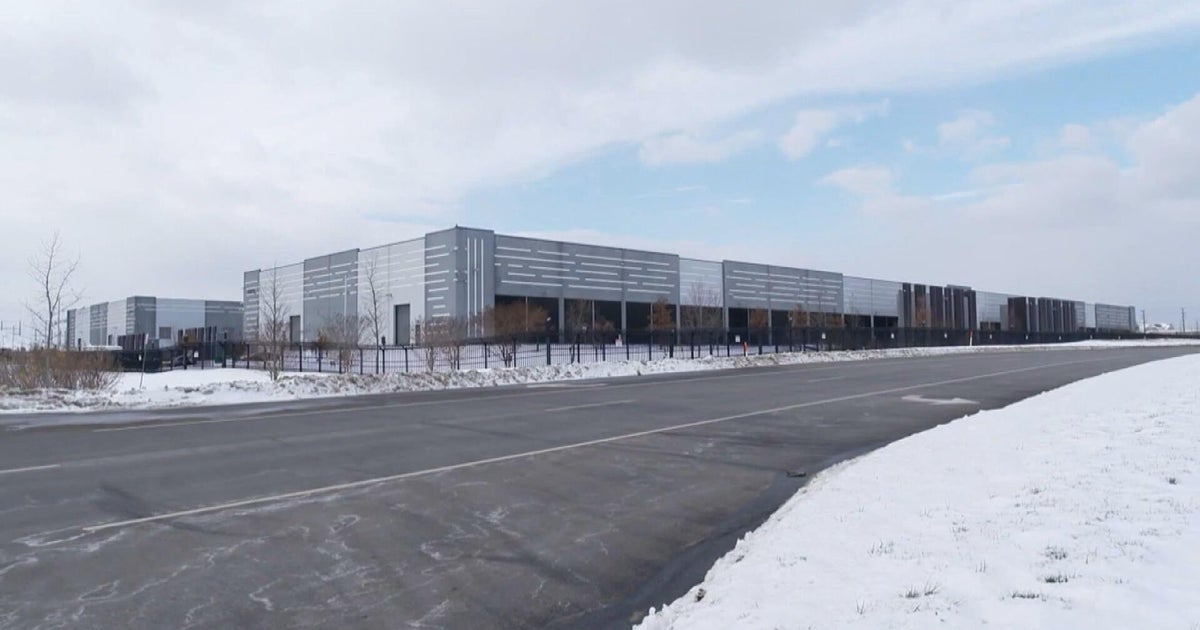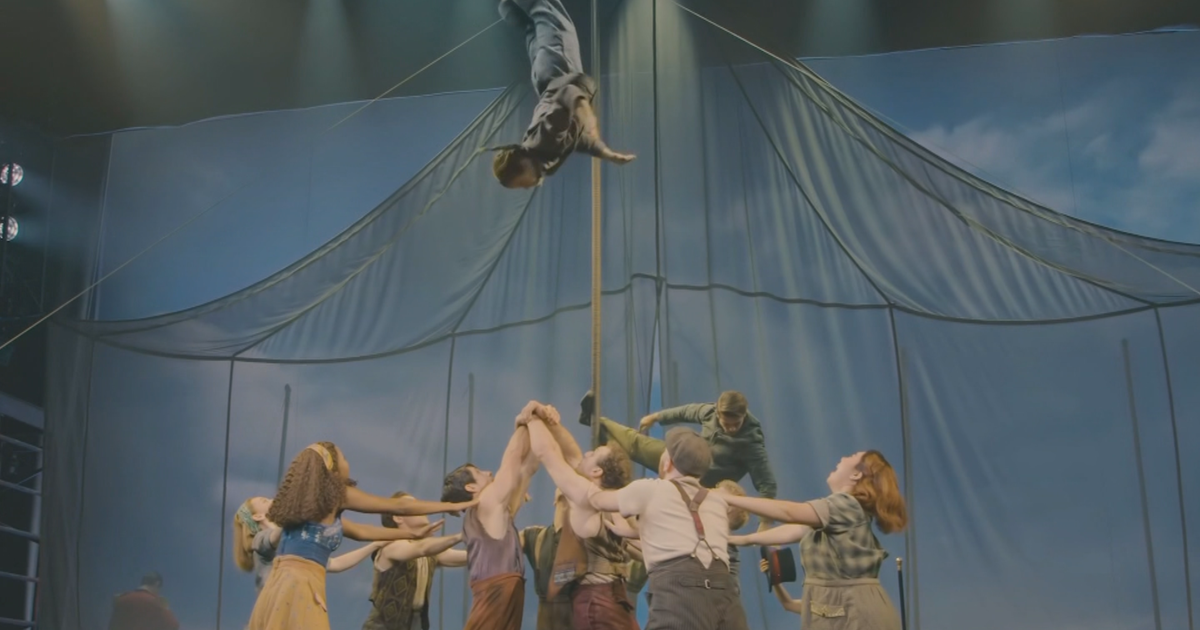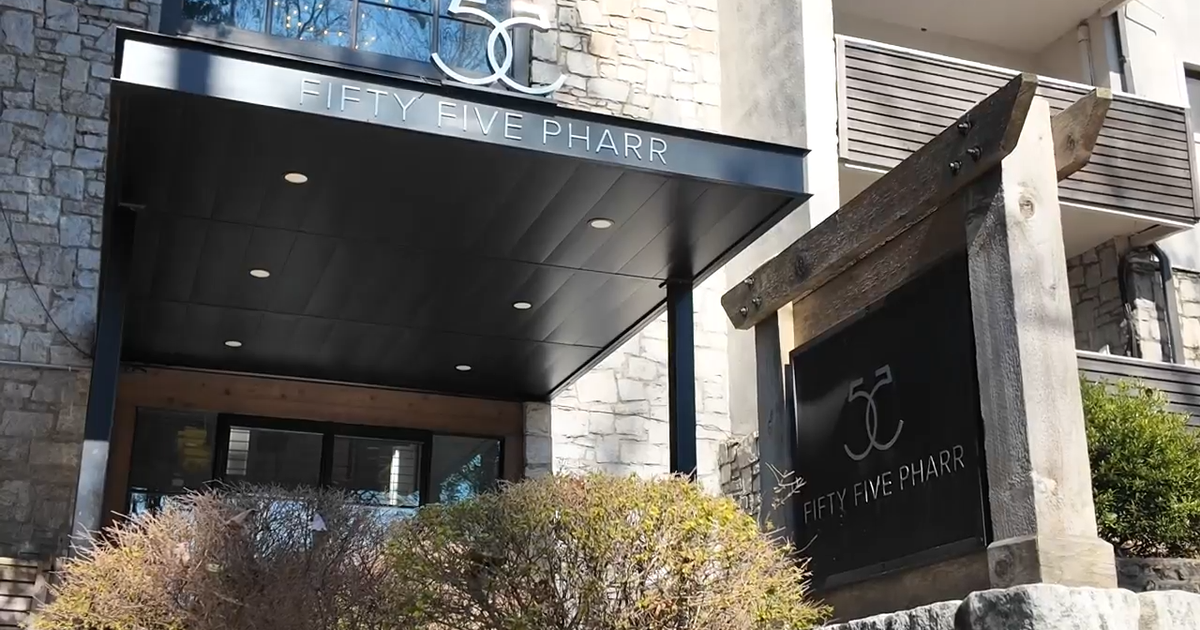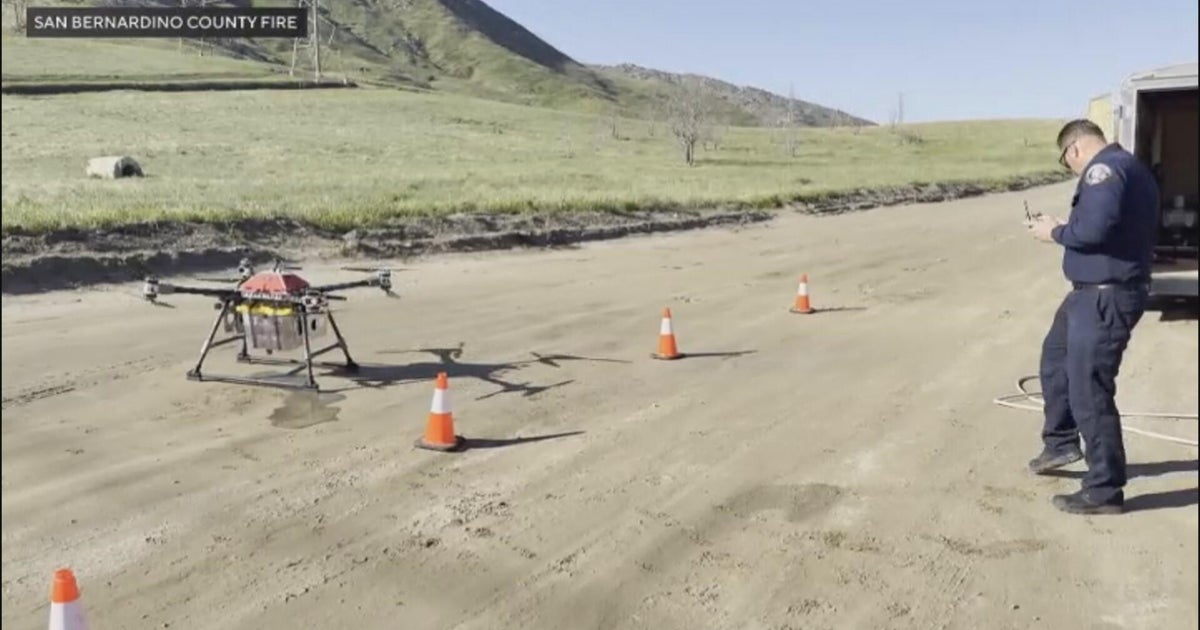Md. & Baltimore Environmental Group At Odds Over Storm Water Pollution Permit
BALTIMORE (WJZ)-- Two groups trying to clean up the Inner Harbor don't see eye to eye about what needs to be done.
Mike Schuh has more on the fight.
Every time it rains, the water from much of Baltimore ends up at the harbor. Pretty on top, filled with trash, chemicals, metals, toxins, animal waste and pesticides below.
"We've seen these recent fish kills and sewage spills. And the fish kills are due to over-nutrification of the harbor and that's a problem," Tina Meyers, an environmental attorney with the non-profit Blue Water Baltimore, said.
Meyers is a Waterkeeper, Blue Water Baltimore's program working to better water quality in Baltimore.
Her organization has a problem with a state permit telling the city how much storm water pollution it can allow to run off into the water.
"So the permit has requirements for various programs but a lot of them are goal-oriented-- not real, enforceable mandates or deadlines or specific limits on the amount of pollution that can go into the harbor," Meyers explained. "And without that, it's not easy for the citizens or the government to know what would really be complying with that permit."
But the state disagrees.
A spokesperson said: "The proposed permit requires the City to develop and implement a plan to control storm water from an additional 20 percent of impervious surfaces within five years at an expected cost in the hundreds of millions of dollars."
But when viewed from the water, they want the state to take a tougher view.
"The storm water permit is a permit to pollute. And by definition, that permit should have limits to just how much they can pollute to the water body," David Flores of Blue Water Baltimore said.
The Maryland Department of the Environment (MDE) said: "The proposed permit for Baltimore City is a significant step forward in controlling storm water runoff "
The hearing dates allowing for the public to comment are to be determined.

